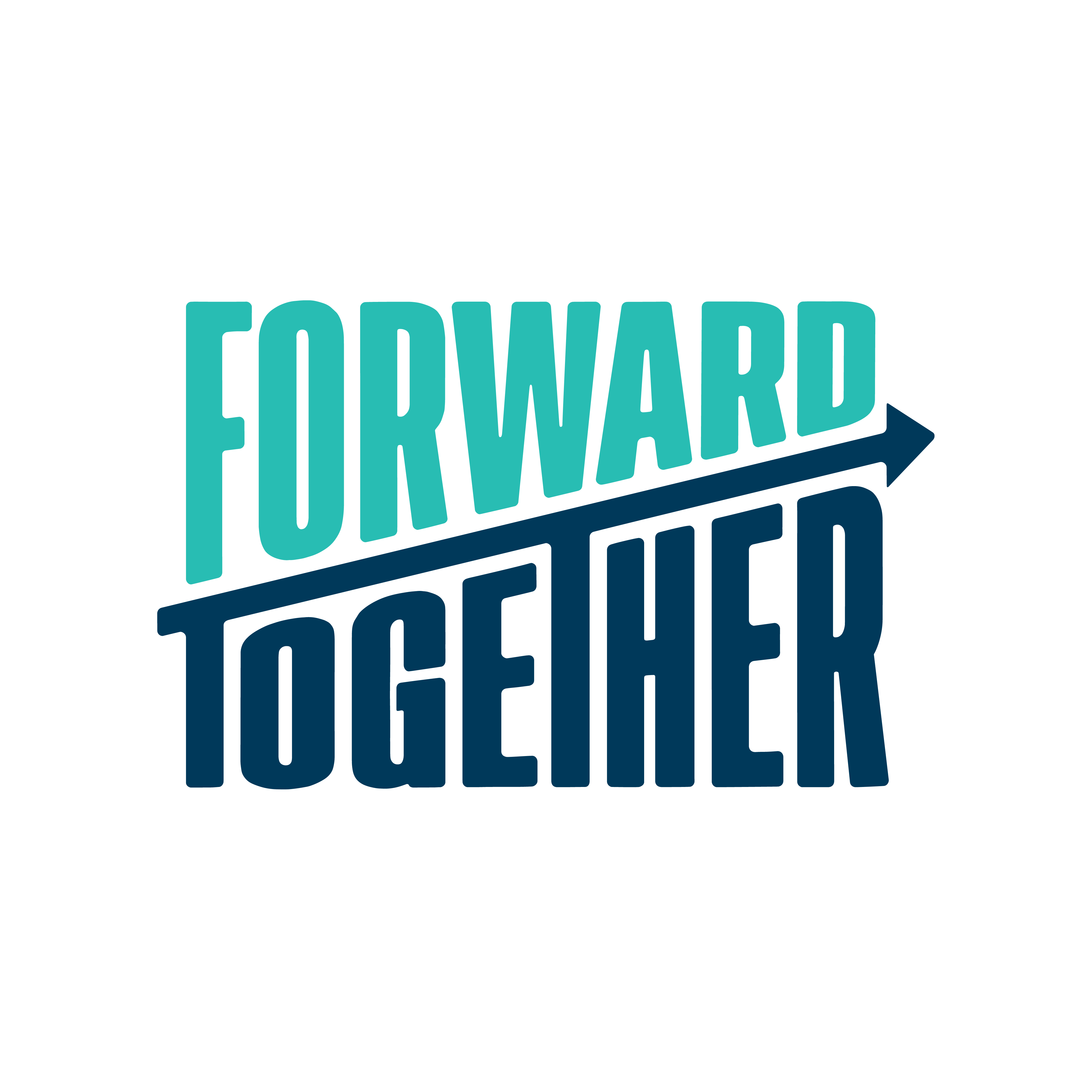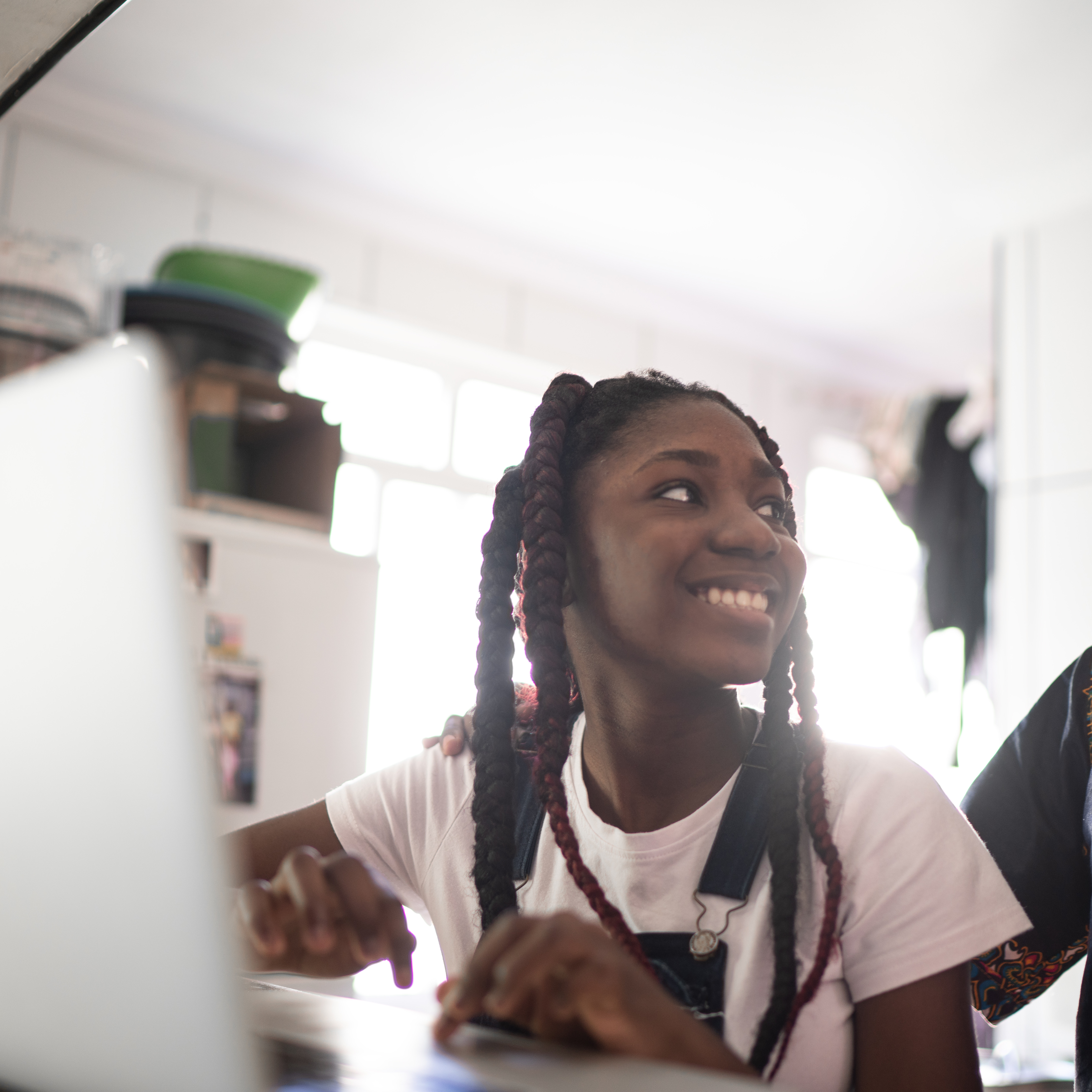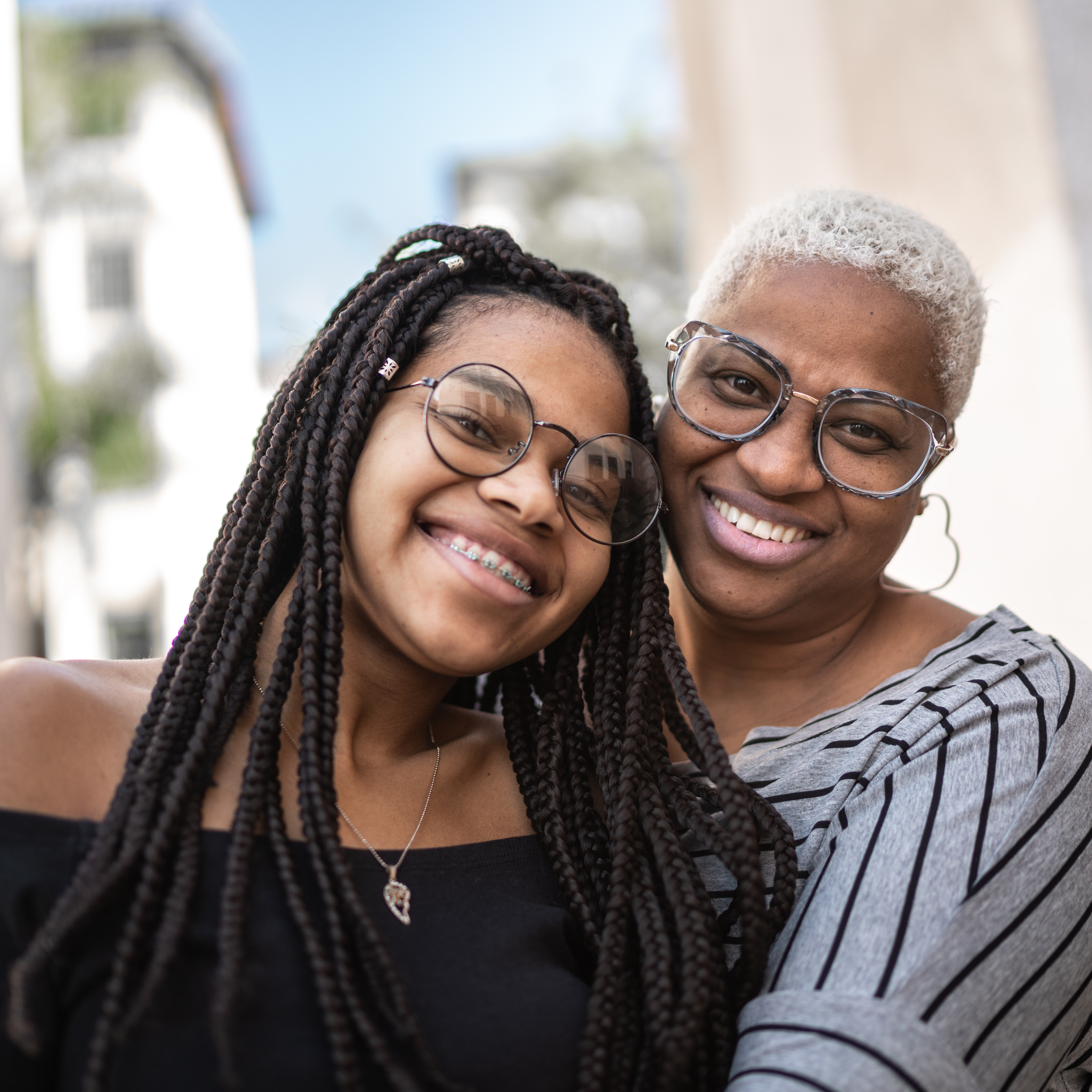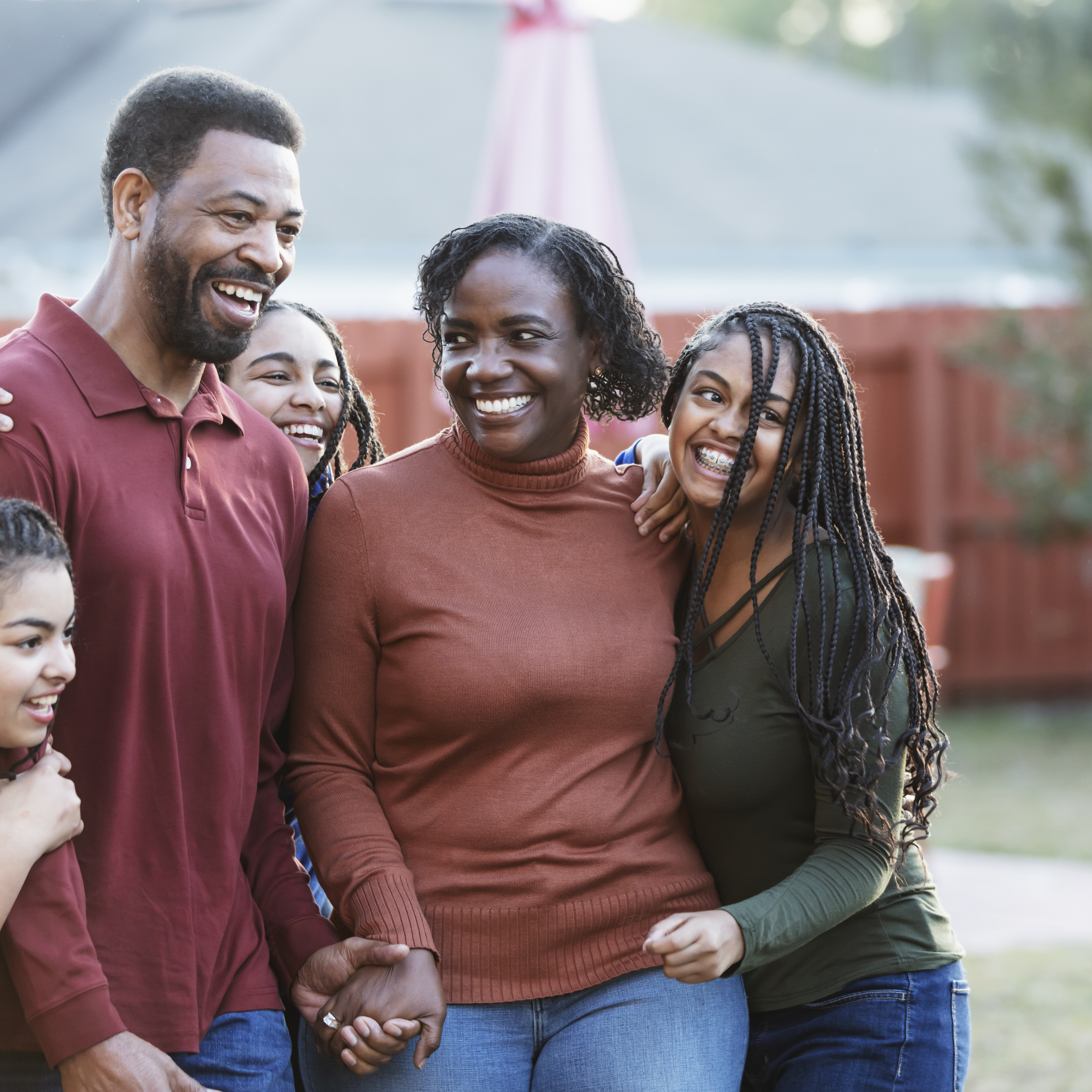Precious Collins is the coordinator of the Native Connections Program for the Southern Ute Indian Tribe in southwest Colorado.
She is also co-founder of the Ignacio Out and Equal Alliance. Much of her work focuses on supporting youth and addressing their mental health needs.
Q: What are your main concerns about how young people are doing during this COVID-19 pandemic?
Precious: I think the biggest concern is the isolation and finding new ways to promote social interaction among our youth in our area. Especially among Native American youth, this time of year we usually celebrate our traditional ceremonies. We come together as a family and community to celebrate our dances and celebrate one another, and we haven’t been able to do that this year, so it has been a concern. Also, we’re finding that a lot of families are fatigued right now – COVID fatigue. They’re having issues with having to get online every day, whether parents or youth, getting online to communicate and talk to one another is starting to become fatigued.
Set aside time each day to check in with your youth.
We recommend at least 20 minutes a day.
Create space with your youth so that they can feel comfortable talking about their day.
Allow youth to talk about the issues they might be experiencing and the emotions that go along with it.
Q: Given that fatigue and all the other challenges young people are facing right now, what are some of the best ways parents or the trusted adults in a young person’s life can support them?
Precious: I think setting aside time each day to check in with your youth is really important. We recommend at least 20 minutes a day, and creating that space with your youth so that they can feel comfortable talking about their day, talking about what issues they might be experiencing and their emotions and feelings that go along with it. And letting them know that we support them and we love them and having those words actually come out of our mouth is really important and key during this time.
I think also sitting down with them to discuss what socialization means to them right now, and how we can aid in that. Is it social distancing events, or a small dinner, or a virtual meeting or a social event with family and friends over Zoom? I think what’s really key is letting them express their creativity for how they can be social with friends and family.
Q: We know that adolescence can be a challenging and confusing time for youth and for their parents. It can feel like a struggle at times on both sides! So how can we as adults know when a young person really needs our help? When they need immediate attention and support?
Precious: If they were an outgoing youth before and now they are starting to isolate – they don’t want to come out of the room, they don’t want to leave the house – those are red flags. I think if we pay attention, and we’re having those conversations with your youth, we will start noticing those red flags coming up.
I think it’s very important when we notice those red flags that we address them immediately and have a conversation with our youth about how to address them. So I do suggest that we make a plan with them. We’re talking about if the youth starts acting a certain way – they don’t want to communicate with their friends through technology or social distance – what do we do in that situation? We can ask them ahead of time, “How would you like me to handle that situation? Is there someone that you feel comfortable talking to? It might be an auntie or an uncle or a friend. I want to know this so that I can help you when you are starting to feel these ways.”
For More Help: If you or your young person is struggling with a mental health, substance use, or an emotional challenge, you can call Colorado Crisis Services at 844-493-TALK (8255). Or you can text TALK to 38255.

Forward Together Team
The Forward Together team is composed of Coloradans like you. We're here to help you build and strengthen your relationships with the young people in your life through their growing and developing years.



